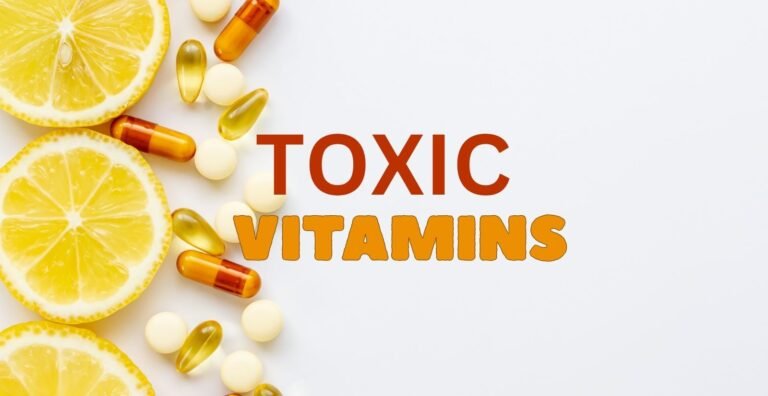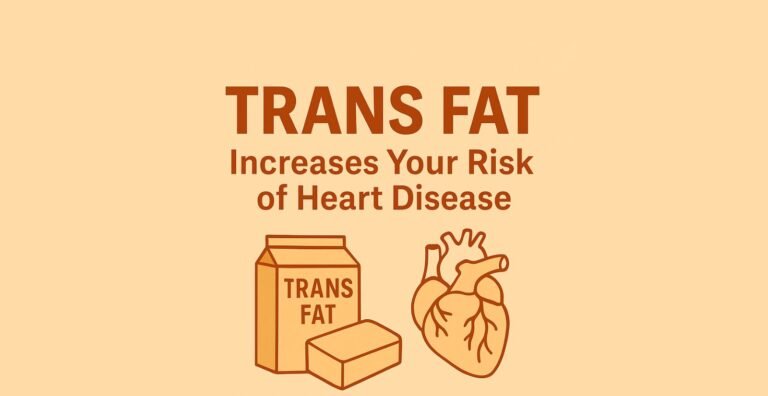Top Health & Wellness Product Reviews with Exclusive Sale Prices!
Prevent Early Dementia: Foods to Avoid for Better Brain Health

As dementia becomes an increasing health concern, particularly among aging populations, understanding preventive strategies has become more critical. Among lifestyle choices, diet plays a fundamental role in preserving cognitive health. Certain foods may increase the risk of early cognitive decline, so by knowing what to avoid, individuals can actively support brain health and longevity. This post explores the foods to avoid to help prevent early dementia and the alternatives that promote a healthier brain.
1. Refined Sugars and Sugary Drinks
- Why Avoid: Excessive consumption of refined sugars, especially in sugary drinks, can contribute to insulin resistance, inflammation, and oxidative stress – all factors linked to cognitive decline and dementia.
- Alternative Choices: Replace sugary drinks with water, herbal teas, or beverages lightly sweetened with natural sweeteners. Incorporate fresh fruits instead of high-sugar desserts.
2. Processed Meats
- Why Avoid: Processed meats like sausages, hot dogs, and deli meats often contain preservatives and nitrates, which may lead to inflammation and oxidative stress, damaging neurons over time.
- Alternative Choices: Lean, unprocessed meats, such as grilled chicken or turkey, and plant-based protein sources are healthier options. These choices are not only lower in harmful additives but also rich in essential nutrients that benefit brain health.
3. Trans Fats and Hydrogenated Oils
- Why Avoid: Trans fats, commonly found in processed snacks, fast food, and margarine, are known to increase LDL (bad cholesterol) levels and inflammation, both linked to cognitive decline and a heightened risk of dementia.
- Alternative Choices: Choose healthier fats from sources like olive oil, avocados, and nuts. These fats support brain cell integrity and promote heart health, which in turn, benefits cognitive function.
4. Excessive Alcohol
- Why Avoid: High alcohol intake has been linked to increased brain shrinkage and damage to brain cells. Heavy drinking can accelerate memory loss and increase dementia risk.
- Alternative Choices: Limit alcohol to moderate levels or consider alcohol-free alternatives. Reducing alcohol can lessen its impact on brain health and overall wellness.
5. Refined Carbohydrates
- Why Avoid: Refined carbs, such as white bread, pasta, and pastries, are high on the glycemic index, leading to spikes in blood sugar and insulin. Over time, this can lead to insulin resistance, which is linked to cognitive decline.
- Alternative Choices: Whole grains such as quinoa, brown rice, and oats offer more fiber, keeping blood sugar levels stable and supporting better brain health.
6. High-Sodium Foods
- Why Avoid: Sodium-heavy foods, including canned soups and fast foods, may increase blood pressure, impairing blood flow to the brain. High blood pressure is a significant risk factor for cognitive decline and dementia.
- Alternative Choices: Opt for low-sodium versions of packaged foods or prepare meals at home, where you can control the amount of salt used. Season with herbs and spices to add flavor without relying on salt.
7. Artificial Sweeteners
- Why Avoid: Artificial sweeteners like aspartame and saccharin are often found in diet sodas and sugar-free products. Some studies suggest these may alter brain function and could impact mental clarity and memory over time.
- Alternative Choices: Use natural sweeteners like honey, maple syrup, or stevia in moderation. While artificial sweeteners may seem appealing, natural options are less likely to contribute to cognitive impairment.
8. Ultra-Processed Foods
- Why Avoid: Foods like instant noodles, ready-to-eat meals, and packaged snacks often contain a mix of trans fats, high sodium, sugars, and preservatives. A diet high in ultra-processed foods has been shown to increase inflammation and oxidative stress, both of which are damaging to the brain.
- Alternative Choices: Choosing fresh or minimally processed foods over packaged options will reduce exposure to harmful additives. Fresh vegetables, fruits, lean proteins, and whole grains are excellent choices for brain health.
Foods That Support Brain Health:
In addition to avoiding the foods listed above, certain foods may actively support cognitive health and reduce the risk of dementia. These include:
- Leafy Greens and Cruciferous Vegetables: Spinach, kale, broccoli, and other greens are rich in antioxidants and essential vitamins that protect the brain.
- Berries: Blueberries and strawberries contain antioxidants and have been shown to delay brain aging and improve memory.
- Omega-3 Rich Foods: Fish like salmon, flaxseeds, and walnuts contain omega-3 fatty acids that support brain function and reduce inflammation.
- Turmeric and Curcumin: These compounds found in turmeric are known for their anti-inflammatory and antioxidant properties, which help protect the brain[2].
Conclusion: Preventing early dementia involves a holistic approach to diet, where foods that damage cognitive health are minimized, and brain-supporting foods are emphasized. Making these dietary adjustments is not only beneficial for the brain but also supports overall physical health. By avoiding refined sugars, trans fats, and processed foods while embracing nutrient-rich, natural options, individuals can take actionable steps toward preserving their cognitive function.
Incorporate these dietary changes today to support a healthier brain tomorrow. A proactive approach to eating is one of the most accessible and impactful strategies for reducing dementia risk and living a more fulfilling life.







